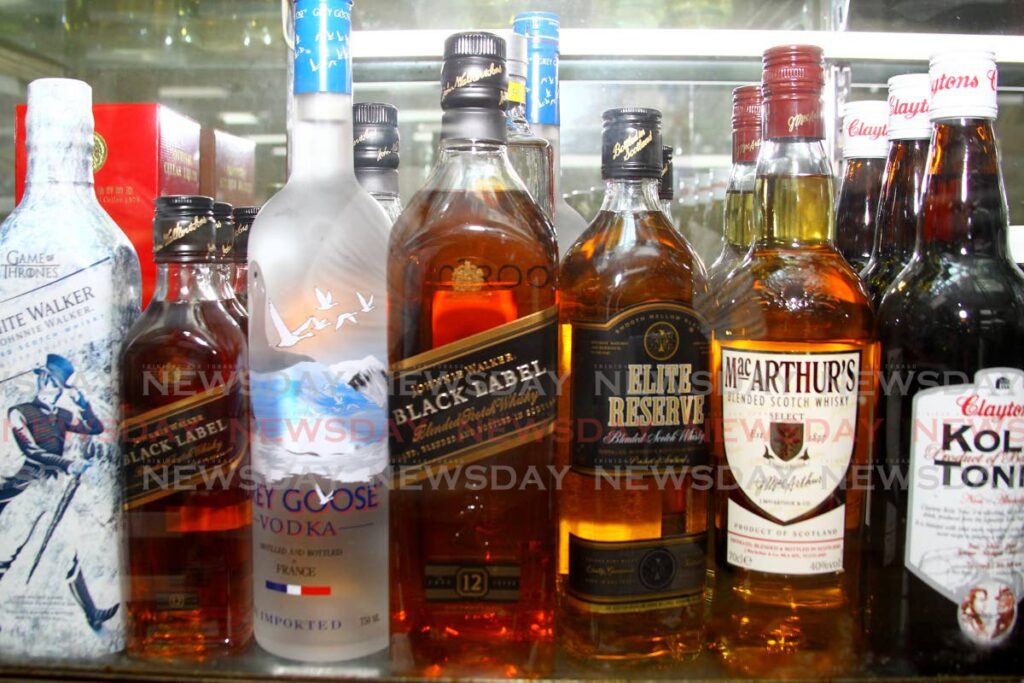The government’s recent decision to increase taxes on alcohol and tobacco in the 2025-2026 budget marks a significant shift towards a more responsible and equitable economic framework. This policy, far from being a mere fiscal adjustment, represents a strategic move to address both public health and financial stability. By imposing higher taxes on these non-essential and harmful goods, the government is realigning national spending priorities with the country’s most pressing needs. The initiative raises critical questions about societal values: Should access to alcohol and tobacco take precedence over funding for healthcare, education, and food security? The resounding answer is no. This policy underscores the interconnectedness of public health and financial health. Higher prices on cigarettes and alcohol are expected to reduce consumption, thereby alleviating the strain on the healthcare system and freeing up resources for essential services. Additionally, the measure aims to optimize foreign exchange reserves by discouraging the import of luxury goods like scotch whisky and premium beers. Instead, these funds can be redirected towards vital sectors such as medical equipment, educational technology, and agricultural development. The tax hike also provides a competitive edge to local producers, fostering economic diversification and safeguarding domestic jobs. However, the success of this policy hinges on its integration into a broader strategy. Strengthening customs enforcement to combat illicit trade, expanding the tax framework to include other non-essential imports, and balancing regional trade dynamics within Caricom are crucial next steps. This initiative reflects a government willing to make tough decisions for long-term national well-being, prioritizing economic justice and public welfare over short-term popularity. It’s a commendable first step towards a more sustainable and equitable future.
